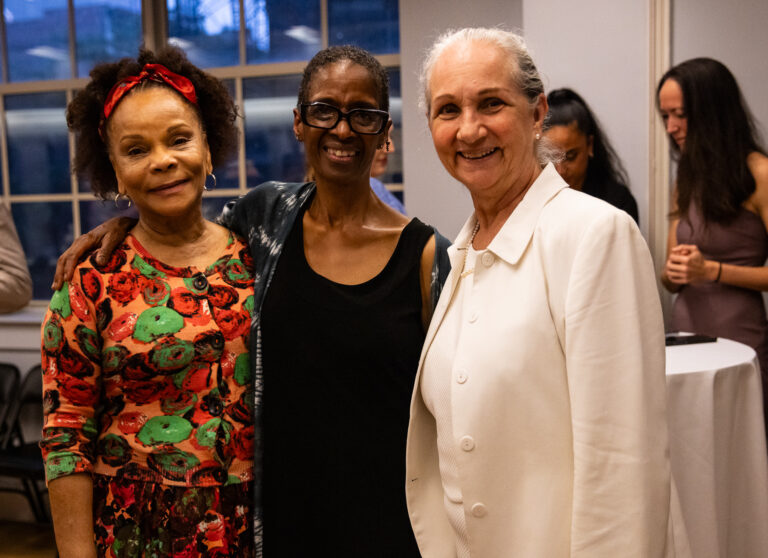
According to
the new documentary DANSEUR, 85% of males who study dance in the United States are bullied or harassed. A quote in the film from Dr. Doug Risner, faculty member at Wayne State University, states, “If this scope of bullying occurred in any activity other than dance, it would be considered a public health crisis by the CDC.”
So why is it allowed to persist in ballet? And why aren’t we talking about it more? These are the questions that
DANSEUR seeks to answer. But primarily consisting of dance footage and interviews with male dancers like ABT’s James Whiteside, Houston Ballet’s Harper Watters and Boston Ballet’s Derek Dunn, the film only addresses these issues superficially, with anecdotes about individual experiences and generalizations about what it’s like to be a male dancer.
DANSEUR MOVIE TEASER
www.youtube.com
The film often comes across as tone-deaf: Though there is lots of discussion about the challenges that professional male dancers face (not having their career taken seriously, being a “prop” onstage for women, etc), there’s no acknowledgment that ballet is almost entirely run by men, who often ride a “glass escalator” into positions of power in the field. (And yes, ballet may be a traditionally feminine art form, but one of the country’s major companies is currently being sued for having a “frat-like” culture.) Nor does it tackle other complex gender dynamics at play, like the fact that alongside being bullied, boys often receive scholarships and preferential treatment from teachers because they are so scarce, or that women face outsized competition due to sheer numbers.
Still, DANSEUR accomplishes an important goal: To show boys facing bullying that they’re not alone, and to present role models of (mostly gay) professional male dancers. We spoke to one of these roles models, Boston Ballet principal John Lam, about the film, why his parents still haven’t seen him dance as a professional, and why ballet’s issues don’t end with bullying:
What He Thought of the Film
Danseur – Teaser
www.youtube.com
“I thought it was a powerful message for our youth, especially now within our political temperature,” Lam says. “Bullying has essentially been a growing pain of being a male dancer. People don’t discuss it or allow kids to know that others have gone through it.” Director and producer Scott K. Gormley was inspired by his son’s experience with bullying to make the film, according to Lam. “I’m a father myself so it hits me a little deeper,” he says.
Why His Parents Won’t Go See Him Dance
Early in the film, Lam mentions that his parents have never seen him dance as a professional. As a viewer, it’s easy to assume that this is because they don’t approve of men doing ballet, or of Lam being gay. But the reality is more complicated: “The American culture says that our parents are going to be there in anything that we do,” says Lam. “My parents are refugees from Vietnam. Coming here, all they cared about was making sure I was safe, fed and doing well at school. They do love me dearly. But in terms of what I do for a living, they haven’t really come through with that. I think it’s a lack of a cultural education, and I don’t blame them. It’s sad but at the same time it helps me become a stronger person. I think that has been a blessing in disguise.”
Why We Need to Talk About More Than Just Bullying
The film implies that ballet is just as competitive for men as it is for women. When asked if he agrees with that sentiment, Lam brought up another important facet of the argument: “I believe that if you’re a white male that’s tall and can partner, your career is going to be much easier than a dancer from any other ethnicity,” he says. “I only say that from personal experience. I’ve dealt with things like, Oh we don’t want you in that part. They can’t tell you it’s because you have Asian eyes and dark hair but the presumption is that an Asian dancer has never done that role before.”




